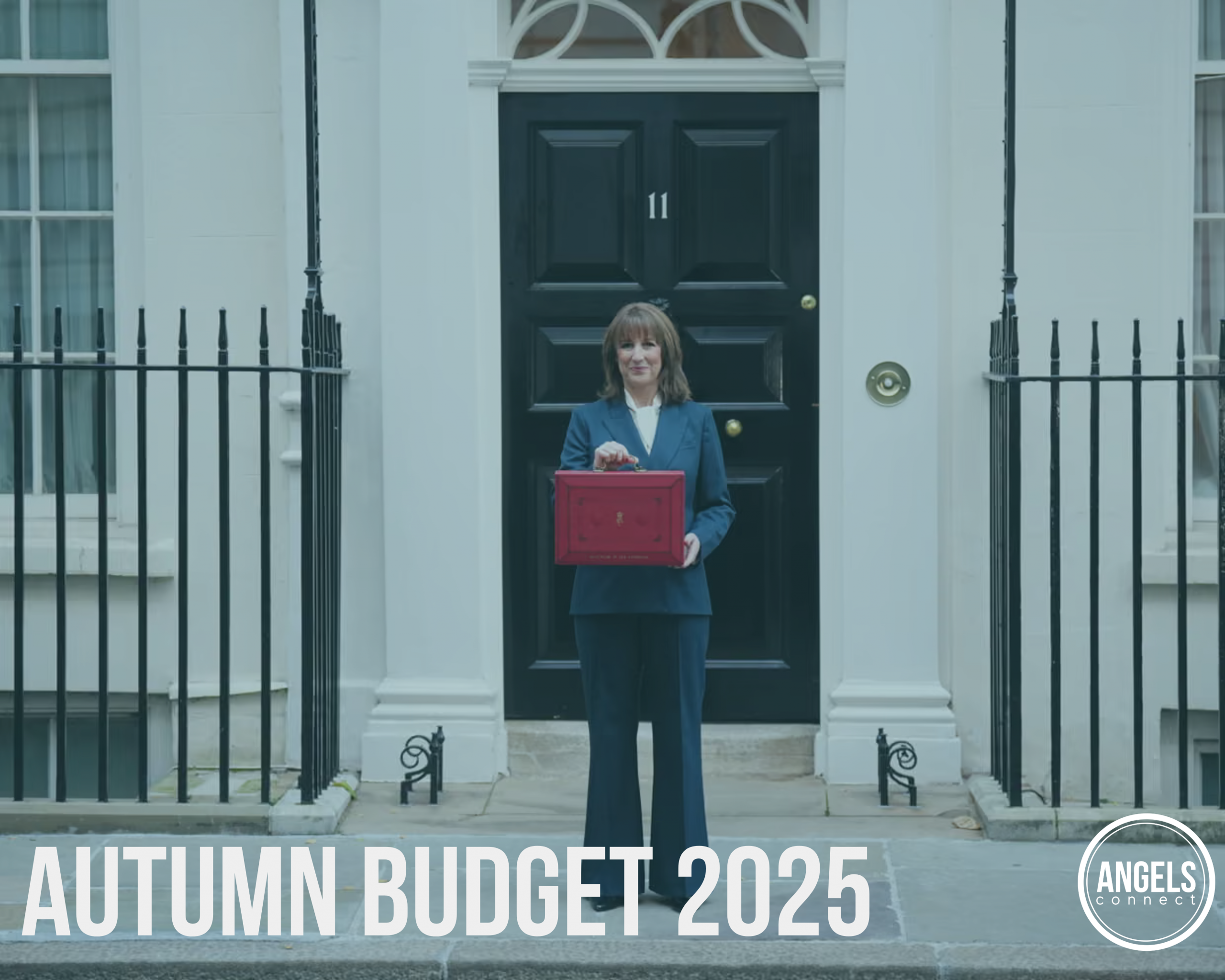
Tackling Child Poverty by Improving Access to Debt and Benefits Advice
In a recent article from The Manc. figures on child poverty in the UK were described as heartbreaking, we would go further on that sentiment and deem them to be unacceptable. When over a third of children in our communities are growing up without the essentials they need to thrive, the problem goes far beyond individual families. It is a systemic failure that demands both immediate intervention and long-term transformation.
At the heart of many families’ struggles lies a simple but devastating reality: they are entitled to help but don’t know how to access it. Billions of pounds in unclaimed benefits and support go unused every year, often because the systems designed to provide help are too complex, overwhelming, or inaccessible. Meanwhile, families fall into unmanageable debt, unable to navigate a way forward. And children pay the price, through missed meals, cold homes, limited opportunities, and poor mental and physical health.
That’s where debt and welfare benefits advice becomes vital.
Access to clear, trustworthy, and timely advice on income maximisation, debt management, and welfare entitlement is not a luxury, it is a lifeline. It helps prevent crisis, restore dignity, and lay the groundwork for long-term change.
Those connected to the Angels Connect platform are committed to breaking the cycle of poverty by improving access to this essential support. Our model goes beyond signposting, we embed a connection to expert advice directly into trusted community spaces where families already go for support. This model works in schools, foodbanks, churches, local hubs, even a barbers, and ensures that help isn’t hidden behind complex referrals or intimidating systems.
Through practical, relational, and joined-up delivery, we:
- Help families claim what they’re entitled to, boosting income through benefits
- Reduce the burden of debt
- Build trust by offering a connection to life-changing advice in familiar, non-judgmental settings
- Strengthen community resilience through the equipping of frontline workers and volunteers to spot the signs of financial distress early
We believe that child poverty is not inevitable. It is the outcome of systems that are often designed in ways that exclude, delay, or confuse. By redesigning access to advice and support, putting people before process, we can change lives and futures.
In the fight against child poverty, better advice access is not the whole solution, but it is one of the most effective, immediate tools we have. And when paired with compassionate, community-led delivery, it becomes a powerful agent of hope.



